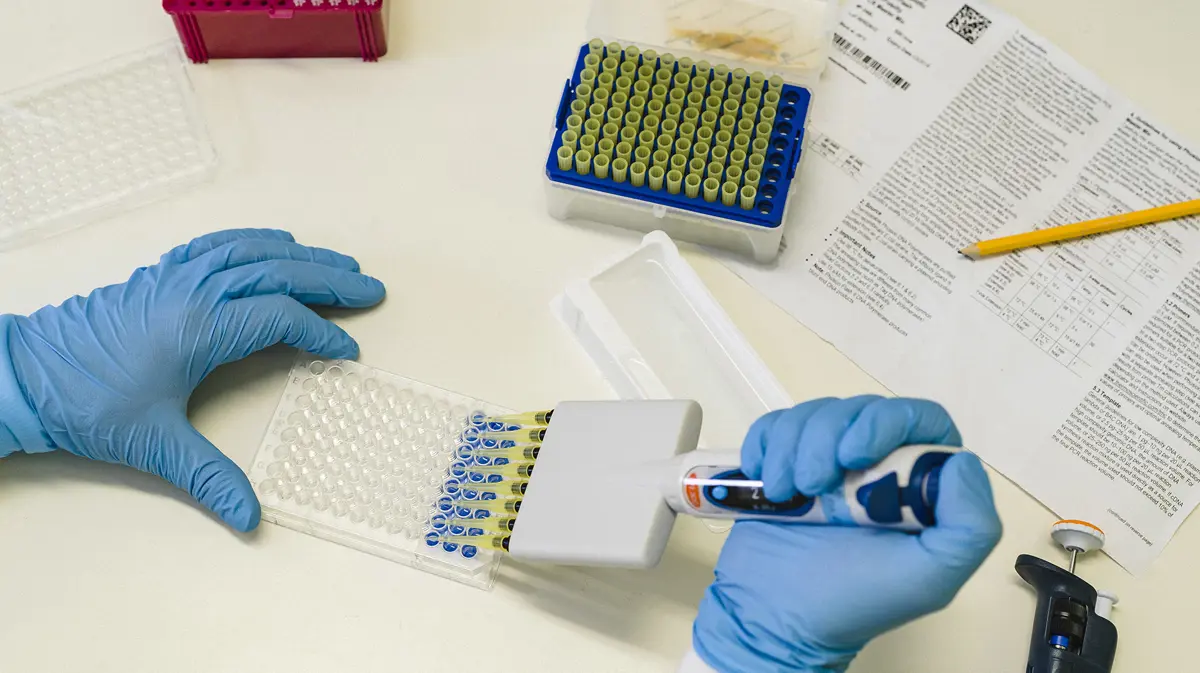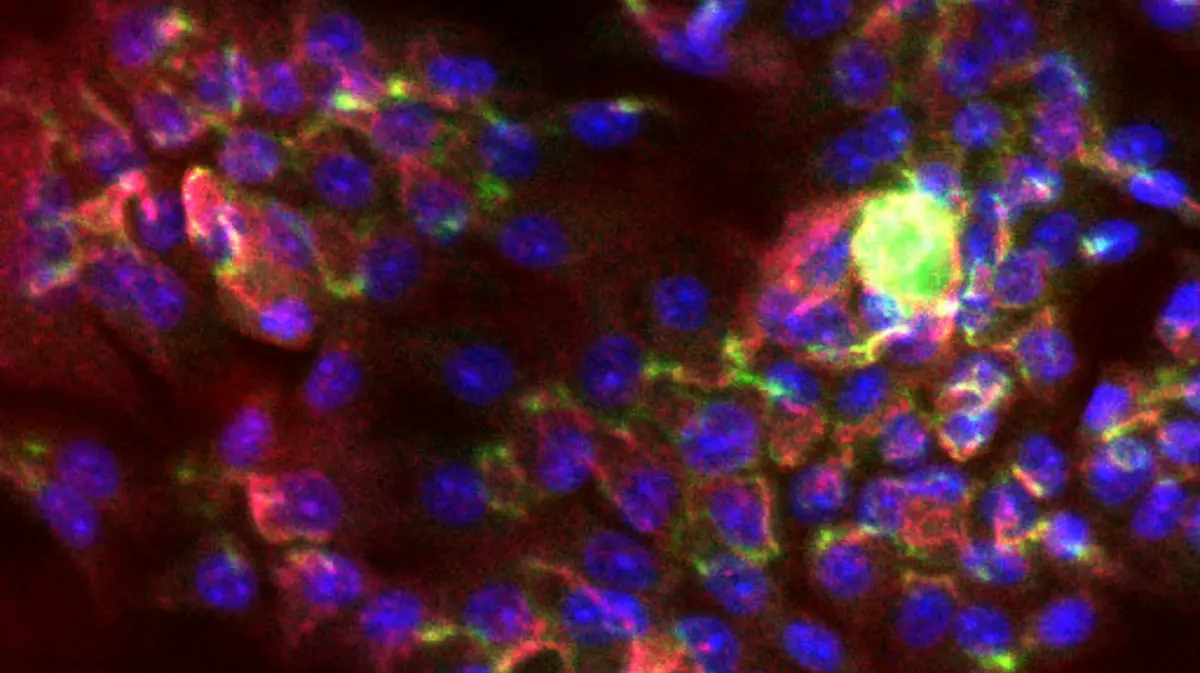


Diagnostic Markers in Chronic Immune Disorders
Understanding ‘inflammageing': the process of inflammation and ageing
Group Heads
About this group
Our group focuses on understanding the process of inflammageing and how certain inflammatory pathways promote the development of unusual B cells (‘age-associated B cells'). We explore how certain factors or cytokines contribute to accelerated immune-mediated ageing in individuals living with chronic diseases, such as primary immunodeficiencies and autoimmune disease.
Our research is based on the use of pre-clinical models that reflect on human conditions of chronic immune-mediated disease.
Our major objective is to identify and characterise critical immunological targets, such as cytokines, that are responsible for the process of immune-mediated ageing in:
-
the elderly, and
-
patients living with primary immunodeficiencies, autoimmunity or cancer.
We validate our findings in human systems. We then progress through Burnet’s Commercialisation team and collaborating industry partners. The overall rationale is to develop critical immunological targets that can be considered for existing therapeutic antibodies or for the development of novel therapies.
Watch our video on inflammageing

Associate Professor Raffi Gugasyan discusses 'inflammageing', the process of low-grade inflammation that accumulates as we age.
Inflammageing is the process of low-grade inflammation that accumulates as we age.
A by-product of inflammageing is the accumulation of an unusual B cell called age-associated B cells, which are quite prominent in the elderly. However, the production of age-associated B cells is rapidly accelerated in immunocompromised individuals - patients with primary immunodeficiency, for instance, or individuals with autoimmune disease or cancer.
What we understand is that the frequency of age-associated B cells is higher in females than males and this is best reflected in disease severity being quite prominent in females.
It's currently unknown what triggers the development of age-associated B cells, but our preliminary evidence indicates that a soluble factor called the cytokine is responsible for triggering the development of age associated B cells, which in turn secrete factors contributing to multi-organ immune-mediated damage.
In this study, we plan to identify the responsible cytokine and use cytokine-specific antibody-mediated therapy that will diminish the cytokine levels, reduce the production of age-associated B cells, and ultimately attenuate chronic inflammatory-mediated disease. Thank you. End of transcript.



Tap an image to expand it in focused view
Current projects
Investigating the dietary effects on the development of age-associated B cells in models of chronic immune disease
Examining whether changes in diet, such as a high fat diet can modulate the production of age-associated B cells.
Inflammageing: the biomarkers driving inflammation and ageing
We're exploring the science behind chronic inflammation and how it contributes to early-onset disease.
Featured publications
NFκB1 is essential to prevent the development of multiorgan autoimmunity by limiting IL-6 production in follicular B cells
The Journal of Experimental Medicine
Elisha de Valle et al
The NF-κB1 transcription factor prevents the intrathymic development of CD8 T cells with memory properties
The EMBO Journal
Raffi Gugasyan et al
Targeting p38 or MK2 Enhances the Anti-Leukemic Activity of Smac-Mimetics
Cancer Cell
Najoua Lalaoui et al
The caspase-8 inhibitor emricasan combines with the SMAC mimetic birinapant to induce necroptosis and treat acute myeloid leukemia
Science Translational Medicine
Gabriela Brumatti et al
Distinct Immune Responses Elicited From Cervicovaginal Epithelial Cells by Lactic Acid and Short Chain Fatty Acids Associated With Optimal and Non-optimal Vaginal Microbiota
Frontiers in Cellular and Infection Microbiology
David Jose Delgado-Diaz et al
Vaginal lactic acid elicits an anti-inflammatory response from human cervicovaginal epithelial cells and inhibits production of pro-inflammatory mediators associated with HIV acquisition
Mucosal Immunology
Anna C. Hearps et al
Loss of NF-κB1 Causes Gastric Cancer with Aberrant Inflammation and Expression of Immune Checkpoint Regulators in a STAT-1-Dependent Manner
Immunity
Lorraine A. O’Reilly et al
Research profile
-
Thanks to You newsletter: Inflammageing
Can we slow the decline of immune systems? Our researchers are close
Group contacts

Dr Raffi Gugasyan
Chair of Education; Head, Diagnostic Markers and Chronic Immune Disorders
Group members

Dr Raffi Gugasyan
Chair of Education; Head, Diagnostic Markers and Chronic Immune Disorders




